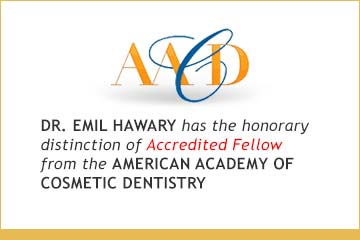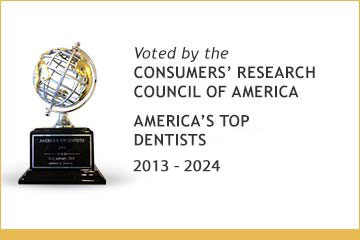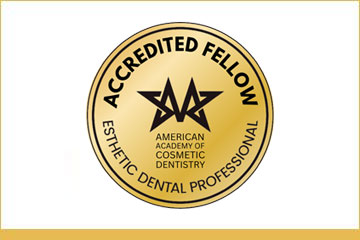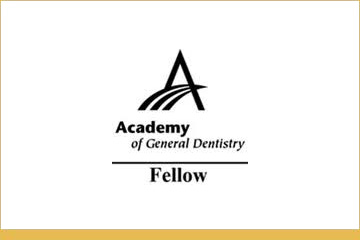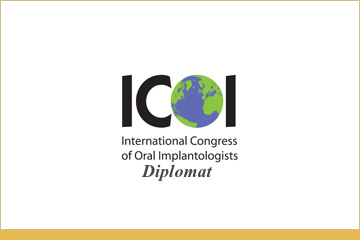Sometimes in life, you expect to feel a little sore or uncomfortable. Perhaps after a long day of work, your back feels a little stiff from sitting. Maybe your legs and arms feel a little sore after you get home from the gym. Whatever the case, you know that minor pain and discomfort is a part of life and ignore the slightly unpleasant sensations.
However, when you feel pain and discomfort in your mouth, teeth, and jaw, you shouldn’t easily dismiss the situation. Pain in your teeth, jaw, and mouth is often a side effect of a more serious issue that you should treat immediately.
Below, we discuss some of the most common sources of tooth pain, as well as the type of pain each issue causes. Read on so you know how to better identify your tooth pain and seek the appropriate treatment.
Common Dental Issues and the Type of Pain They Cause
If you suffer from any of the following issues, you’ll likely feel pain in your teeth, jaw, or mouth.
Tooth Decay and Cavities
If you don’t take proper care of your teeth, they could decay over time. As the bacteria in your mouth damage your teeth, you could also develop cavities. These dental caries are small holes that expose the pulp and tooth root. These parts of your teeth are extremely sensitive, and this exposure often results in a sharp pain when you eat, bite, or inhale. Cracked and broken teeth also result in this kind of pain.
Tooth Grinding
Many people suffer from tooth grinding. In fact, the stresses and anxieties of life are the biggest contributing factor to this condition. So if you are stressed or anxious, you’re more likely to grind your teeth—especially at night.
This repetitive motion puts a lot of pressure on your teeth and jaw. However, most people aren’t aware that they grind their teeth in their sleep. If you wake up and have a sore jaw, headache, or dull ache in your jaw and teeth, you likely grind your teeth.
Additionally, this condition can lead to other issues with your teeth. For example, if you can’t correct your teeth grinding, you could accidentally fracture or completely break your teeth—and cause yourself additional pain.
Temporomandibular Joint Disorder
This issue affects your jaw rather than your teeth, but the pain often mimics a toothache. Essentially, your temporomandibular joint is a small joint that connects your jaw to the side of your skull. This joint also allows you to move your jaw around so that you can eat, chew, talk, and open your mouth comfortably.
When the joint or muscles surrounding the joint become damaged or overused, you experience a lot of dull, achy pain in the area. You’ll typically have a harder time opening your mouth or moving your jaw around. Though this condition won’t usually lead to more severe issues, the discomfort alone makes performing normal tasks difficult.
Loose Fillings
Fillings cover the holes that cavities leave behind. They seal the hole and prevent air, bacteria, and food particles from entering the hole. But if a filling comes loose, the sensitive portions of your tooth become exposed. As a result, you may feel a sharp pain in the tooth. Your tooth may even be sensitive to hot and cold foods.
Damage to the Pulp or Root
As previously mentioned, your tooth contains pulp and a root (or nerve). But if either of these structures becomes damaged, you’ll often feel a deep, radiating ache that can extend to your jaw, neck, and ears. Your teeth are also sensitive to chewing hot and cold foods. If anything agitates the already sensitive nerve or pulp, you could feel more severe pain.
Treatment Options That Can Reduce Your Discomfort
Depending on the cause of your pain, your dentist will recommend one of the following:
- Mouth guards to prevent teeth grinding
- Special toothpastes to reduce tooth sensitivity
- Crowns and fillings to cover breaks, fractures, and cavities
- Pain relievers to reduce discomfort and swelling
- Endodontic treatment, such as a root canal, to eliminate root and pulp infections
Additionally, your dentist will suggest that you alter your diet. As you change the foods and drinks you consume, or as you limit the types and quantities, you increase your chances for better oral health.
If you feel any pain or discomfort in your mouth, teeth, or jaw, take an over-the-counter pain reliever. This medication can reduce the swelling and discomfort until you visit a dentist. If your pain persists after a few days, make an appointment with your dentist immediately.
Before you visit your dental professional, make note of the type of pain you feel, when you first noticed the pain, where the pain originates from, and what things make the pain worse. This information can help your dentist better diagnose the cause of the problem so he or she can create a more effective treatment plan.
Once your dentist treats your condition, ask him or her to provide you with tips and dental care techniques to avoid having dental pain in the future. For other questions or concerns about dental pain or discomfort, talk to your dentist, and he or she will provide you with additional information.



 Do you have extreme tooth damage, bone loss, or few to no remaining teeth? This post from Art of Dentistry Institute in Irvine CA is for anyone whose mouth is in a world of hurt. We understand how dental issues impact you every day of your life. Whatever the cause of the condition – severe mouth injury, disability, inadequate oral hygiene, or simply poor overall health – there is hope.
Do you have extreme tooth damage, bone loss, or few to no remaining teeth? This post from Art of Dentistry Institute in Irvine CA is for anyone whose mouth is in a world of hurt. We understand how dental issues impact you every day of your life. Whatever the cause of the condition – severe mouth injury, disability, inadequate oral hygiene, or simply poor overall health – there is hope. Regular cleanings and checkups are part of your first line of defense against dental health issues, so naturally you want to have the best dentist possible. What should you look for? If you’re new in town, or have been looking around for a new dentist, Art of Dentistry Institute in Irvine CA suggests the following.
Regular cleanings and checkups are part of your first line of defense against dental health issues, so naturally you want to have the best dentist possible. What should you look for? If you’re new in town, or have been looking around for a new dentist, Art of Dentistry Institute in Irvine CA suggests the following.
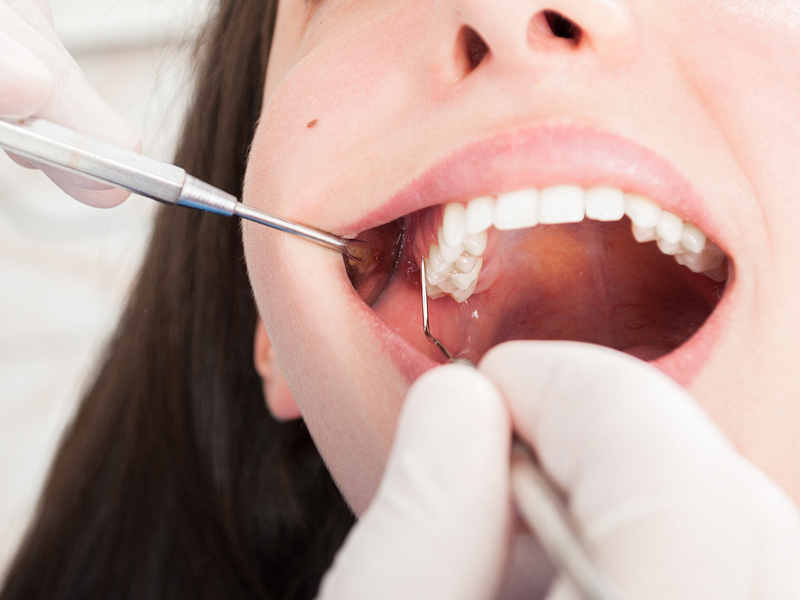
 The effectiveness of
The effectiveness of 